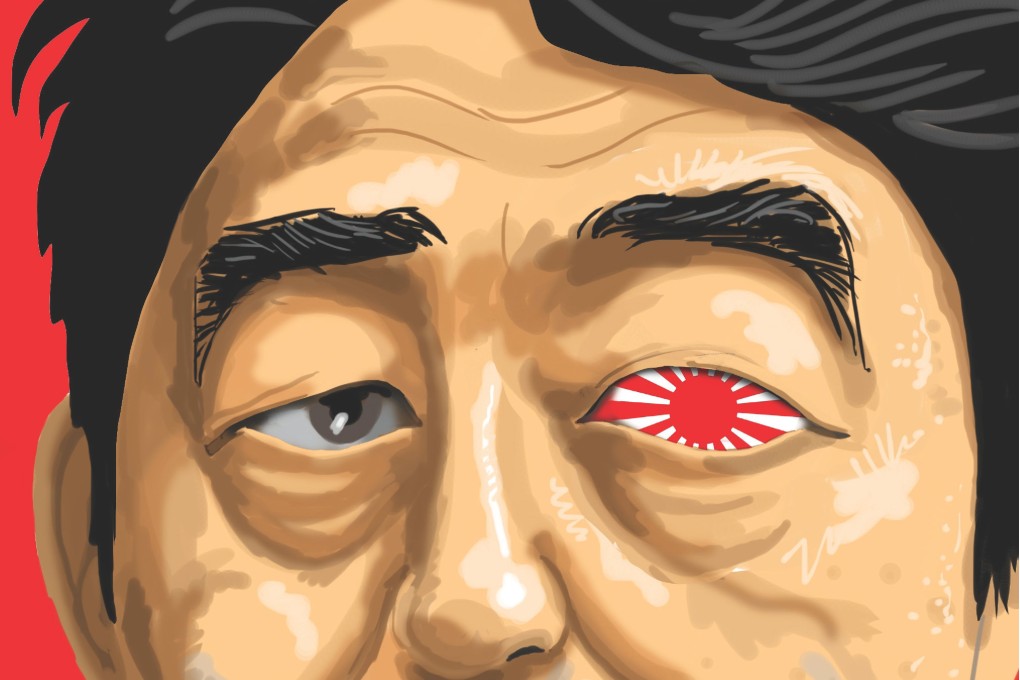Abe's shrine visit a reminder of Japan's refusal to face wartime past
Andrew Leung says Japan's refusal to atone for its wartime atrocities remains the biggest obstacle to building relations with China and other victims, and Tokyo can learn much from Germany's courage in owning up to its own history

On December 26, Japanese Prime Minister Shinzo Abe visited the controversial Yasukuni Shrine that houses Japan's war dead, including some convicted war criminals. It was the first such visit by a sitting prime minister in seven years.
Junichiro Koizumi's visit in August 2006 greatly soured relations with Asian neighbours. This time, Abe's visit aroused immediate vitriolic reaction from China. Amid growing tension in the East and South China seas, his visit also drew expressions of regret and disappointment from the UN secretary general and Japan's ally, the United States.
Abe's move is consistent with his calculated right-wing politics. With control of both houses in the Diet, he is thought to be edging towards revision of Japan's anti-war constitution, possibly during a likely second term, given his current popularity with the Japanese public.
The rise of right-wing politics in Japan comes from growing public dissatisfaction with the country's "lost decades", during which its economic and geopolitical clout have declined vis-à-vis China. A sizeable proportion of the electorate were born after the second world war. More people now support the view that, after 68 years, Japan should now stand tall as a "normal" country, with its own military forces, unfettered by its wartime past.
While most Japanese are pacifist, Japan's military spending has expanded to 4.88 trillion yen (HK$360 billion), a level comparable to Britain and France, making Japan the world's fifth-largest military spender. Its shopping list for new military hardware is growing at a rapid rate. Yet the exact scope and details are likely to be shrouded under Japan's newly enacted secrecy law.
Notwithstanding Japan's increasing assertiveness, some in international circles believe China is overreacting. Weighed down by an albatross of "aggrieved nationalism", China is seen as still licking its wartime wounds while Germany and the rest of Europe have long since moved on.
